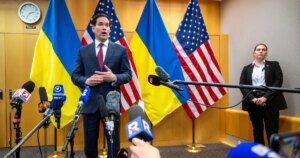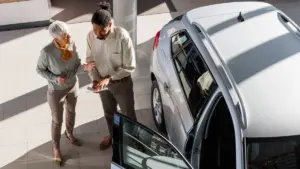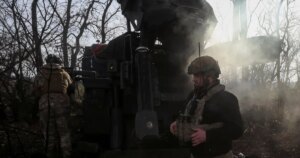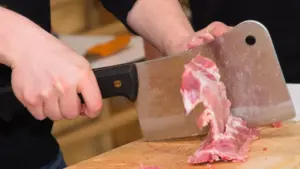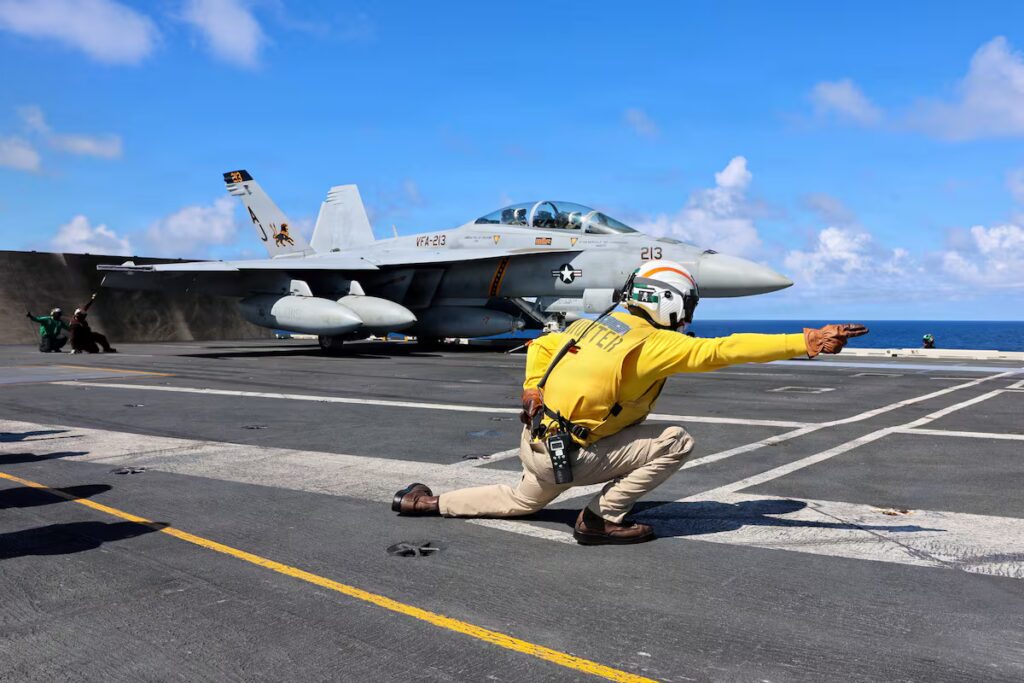
The top US military commander, Chief of Staff General Dan Caine, traveled to a military base in Puerto Rico to meet with soldiers and senior officers of the Southern Command. This command, responsible for US operations in Latin America, is responsible for the huge naval and troop deployment that Donald Trump ordered in the Caribbean with the aim of fighting drug trafficking, although the Venezuelan government and several experts believe that the real objective is to try to force the fall of President Nicolás Maduro.
The trip comes as tensions in the region are at an all-time high after Washington this Monday included the Suns cartel, of which it accuses Maduro of being the leader, on its list of foreign terrorist organizations. The step sparked fears that US forces could carry out some type of action against targets on Venezuelan territory.
In a statement, the Pentagon indicated that Caine and one of his top advisers, David Isom, will visit Puerto Rico this Monday, the territory where the majority of the nearly 15,000 US troops mobilized in the Caribbean are believed to be located, to thank the soldiers for their “dedicated and unwavering service” in the Southern Command’s area of responsibility.
The large flotilla that the United States has been accumulating in the Caribbean since August and which two weeks ago incorporated the largest aircraft carrier in the world, the Gerard Fordsank at least 21 suspected drug boats, in extrajudicial attacks that killed at least 83 people and which various experts, lawmakers and human rights defenders consider illegal.
At the same time, Washington has increasingly highlighted Maduro’s connection to drug trafficking that uses Venezuelan territory for international drug distribution. In designating the Suns cartel – more than a typical organization, a collection of groups and high officials linked to drug trafficking in Venezuela – he declares that he does not consider the Chavista leader as the legitimate president of the Caribbean country. Since August it has doubled the reward offered for the capture of the leader, who it considers the leader of “narcoterrorism”, bringing it to 50 million dollars.
Trump left open the possibility of starting talks with the Chavista regime, but also threatened to launch a “second phase” of the military campaign that would include some kind of action on Venezuelan soil.
Venezuela categorically denies the accusations. In July, the Treasury Department had already sanctioned the Suns Cartel and included it in the list of terrorist organizations, which implies the freezing of assets that the group or its members may have in the United States.
This weekend, the US aviation authority issued a recommendation to airlines to avoid flights in Venezuelan airspace due to increased military activity in the area. For this reason, at least seven international companies have suspended their routes to and from the Caribbean country.
